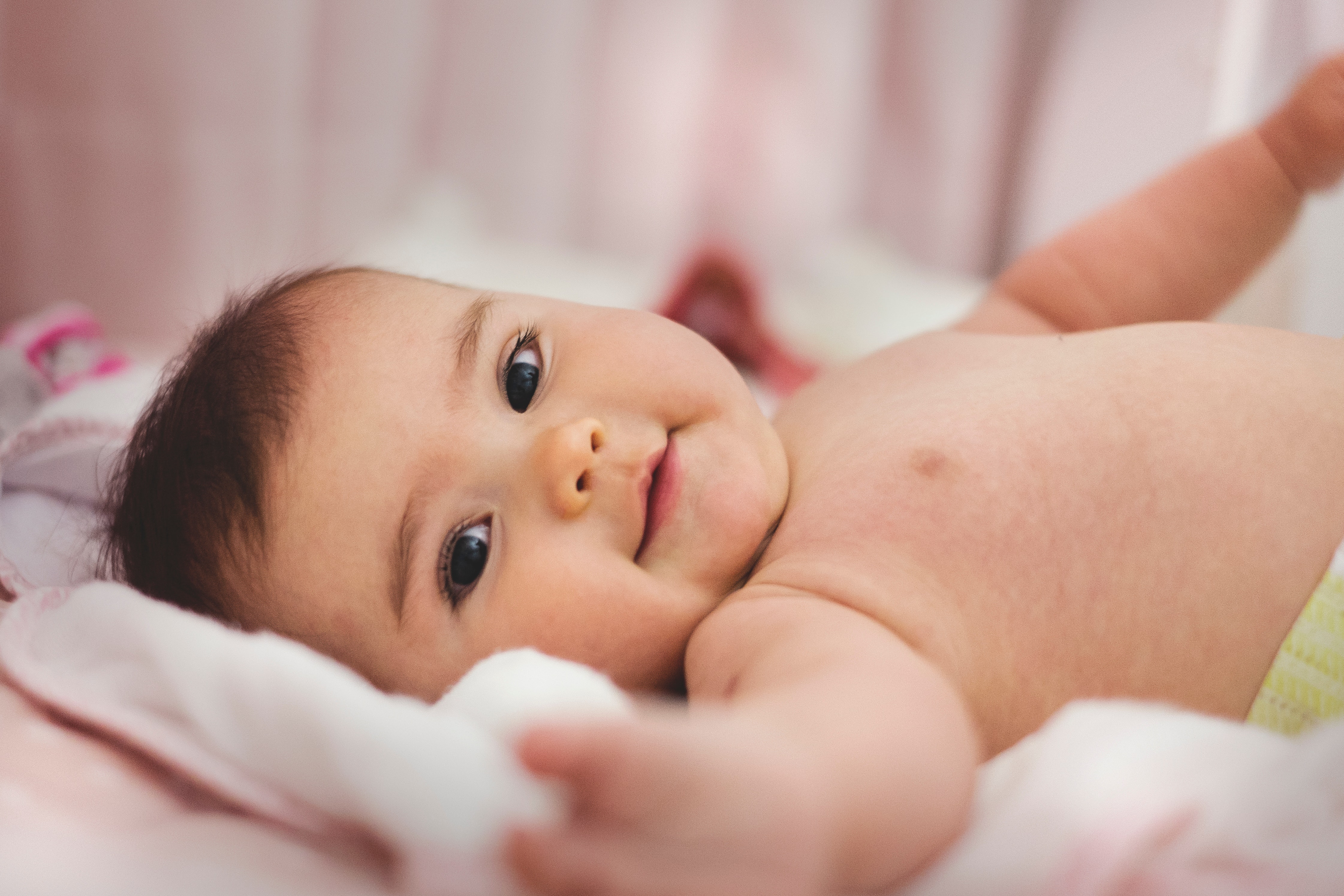Babies start to be able to sense smells at 1 month old
Embargoed until:
Publicly released:
2025-01-28 05:00
US scientists scanned babies' brains as they were exposed to pleasant and unpleasant odours to see when the sense of smell first develops in infants. At as early as one month old, the smells triggered activity in the smell-detecting and sensory processing regions of the bubs' brains. The level of brain activity varied between odours, but unlike adults, different smells did not trigger unique activity patterns in the babies' brains. However, measuring how deeply the babies inhaled, the researchers found they inhaled more vigorously when the smells were nice than when they were nasty.
Journal/conference: JNeurosci
Research: Paper
Organisation/s: Rhodes College, USA, National Institute on Drug Abuse, USA
Funder: This research was funded by grants from the National Heart, Lung, and Blood Institute (T32HL007909 to L.K.S.) and the National Institute on Deafness and other Communication Disorders (R01DC015426 to T.K.), as well as the Rhodes College Faculty Development Endowment Grant (to L.K.S.), the Visionary Grant from Stanley Manne Children’s Research Institute and Ann & Robert H. Lurie Children’s Hospital (to L.B.M.), and the Intramural Research Program at the National Institute on Drug Abuse (ZIA DA000642 to T.K.).
Media release
From: Frontiers
Exploring the sense of smell in infants
Imaging study reveals that infants as young as 1-month old process odors, shedding light on how early neural processes for the sense of smell develop in humans.
The sense of smell promotes adaptive behaviors such as feeding and soothing, but how early humans begin to process odors represents a gap in knowledge for researchers. In a new study in JNeurosci, Thorsten Kahnt from the National Institute on Drug Abuse and colleagues explored olfaction development in humans and reveal how early humans begin to smell. The researchers used fMRI to image the brains of sleeping infants as they inhaled appetitive (pleasant) and aversive (unpleasant) odors. As early as one month of age, odors triggered activity in brain regions strongly associated with the sense of smell, as well as the thalamus, which is important for processing sensory information in general. The strength of activation varied across odors, but unlike what is observed in adults, distinct odors did not trigger unique activation patterns. Additionally, nasal airflow findings from this study suggest that sleeping infants inhale more vigorously when scents are appetitive than aversive.
Attachments:
Note: Not all attachments are visible to the general public
-
Society for Neuroscience
Web page


